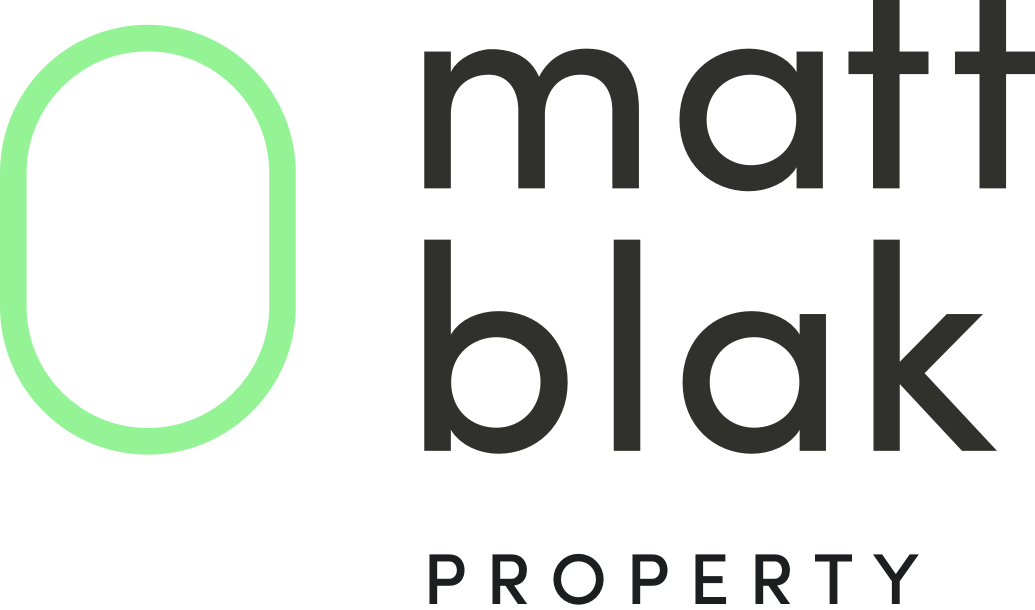Buying your first home can be an exciting experience, but we know it’s a lot to think about.
While you’re in the early stages there are a few things to learn that will help you plan your budget, pick a neighbourhood and give you some confidence in the buying process.
So what are they? Here are 12 things to think about as a first-time home buyer.
Sorting out the money stuff
1. Your deposit
Generally, mortgage lenders look for a 10-20% loan deposit when giving out loans. So, on a $750,000 property, you’d need to save $75,000 – $150,000.
That said, some lenders offer deposits as low as 0% if you pay something called Lenders Mortgage Insurance (LMI), a cost that varies depending on the loan amount.
2. Mortgage rates
Lenders charge interest on their loans so you’ll need to factor not just the value of the property into your budget, but the excess that comes with paying a loan back.
Each year you’ll be paying the loan ‘principal’ – that’s the money they loaned you – and then interest on what’s left. Rates tend to either be fixed (a set percentage that doesn’t move for a few years) or variable (a floating percentage that changes with the market).
- Example: If we borrowed $750,000 and stayed at a rate of 6% each year for 25 years, that would amount to an additional $699,000 or so to pay back on top of the principal.
Shopping around lenders may help you secure better rates, but you’ll need a mortgage advisor to assist with this one.
3. Credit score
Don’t forget your credit score! This number helps lenders determine the risk of lending to you. It’s based on your past loan history plus your credit card history, bills and other factors.
The higher the better here. A low rating may mean you can’t access a loan, or you don’t get a favourable rate.
4. Other costs
When saving for property, other up-front costs to keep in mind include:
- Stamp duty (a type of tax). On our $750,000 mentioned above, stamp duty would be $20,000 – 30,000.
- Annual property tax, an alternative to stamp duty which spreads the tax out over smaller increments – just over $400 plus 0.3% of your land value per annum.
- Bank-related fees, such as a loan application fee.
- Building and pest inspections.
- Registration of the title.
5. Government assistance
We’re lucky to live in New South Wales, because first-time buyers have a lot of help available at both the state and federal level.
So, what are you eligible for? Check out some of the schemes available:
- NSW First Home Owners Grant
- NSW First Home Buyers Assistance Scheme
- NSW Shared Equity Home Buyer Helper
- Housing Australia First Home Guarantee
- Housing Australia Family Home Guarantee
- ATO First Home Super Saver
6. Borrowing capacity
Your borrowing capacity is a limit you’ll set yourself (typically with help from a financial advisor) to help you understand the maximum you can afford before it starts getting too uncomfortable, or unrealistic, to pay everything back.
Remember, just because you can afford something on paper doesn’t mean it’s right for you at the moment. If you can’t afford what you want now, maybe you could get something smaller and upgrade down the track.
2. Picking the perfect location
7. Setting needs and wants
Hunting for a first home can be a balance between getting what you want and compromising on a few other things. To help you figure out what those factors are (and to prevent you from getting over-excited about a property that isn’t right for you), it pays to write down your needs and wants.
- Needs: The things your property must have. This might be the number of bedrooms, a garage or the property’s location.
- Wants: The things your property hopefully has, but which you could compromise on. That might be the garden, bedroom sizes, number of bathrooms, kitchen size and so on.
Get a handle on what you need versus what you want and you’ll likely find it easier to know when to compromise, when to put your foot down and when to walk away.
8. Market performance
Generally, we want property values to go up. Over time, this is often the case – but not always.
Ask your local property experts what they expect from the market conditions in your area. While they won’t be 100% accurate, it could give you an idea as to whether or not you’re looking in an up-and-coming area.
You can also search on the council’s website to see what community projects are underway; new infrastructure, shopping districts, playgrounds, parks and other amenities may increase the value of a neighbourhood. For Sutherlands Shire, for example, you can look here.
9. Lifestyle
Lastly, be sure to factor your lifestyle into the equation. And not just where you work, but also what you enjoy on weekends, where you like to shop, where you want to eat or visit (such as the beach).
Your first home might not be near all of these things, but you can look for a property that has easy access to the most important aspects of your lifestyle, and compromise on things which are less important.
3. Navigating the buying process
10. Engage the professionals
Given this is your first time, finding someone to help is likely to pay dividends.
At least, you’re going to need a mortgage or other financial advisor to guide you on the money side. You’ll also eventually need a legal expert for the paperwork.
But, you can also hunt for a local real estate agent (sometimes known as a buyers agent) to help you find, understand and make an offer on a property. That way you have someone on your side who knows the local market really well and can help you figure out some of the tricky stuff – like the difference between title types, how to bid at an auction, how to negotiate conditional offers, appropriate timelines and more.
11. Mortgage pre-approval
Mortgage pre-approval is where you go to a lender, tell them what you want to spend and what you have already, and get their stamp of approval.
Even though you don’t have the loan in hand yet, pre-approval tells sellers that you can pay what you say you can pay. This may help you move more quickly on making an offer, or bidding at auction, as you won’t need to faff around with the bank while other buyers make their move.
12. Inspections
Love a particular house? Consider getting it inspected.
Building and pest inspections do cost extra, but they tend to cost a lot less than the remedial works which may be required if you (or the seller) miss something vital about the property.
Need help? Let’s chat
We make buying a memorable experience.
Here at MattBlak, our job isn’t to earn a commission and move on, but to make sure your home-buying experience is fun and exciting, easy to understand, and gets the best result.
Come see us in Cronulla and Jannali, or contact us online to see what we can do for you.

